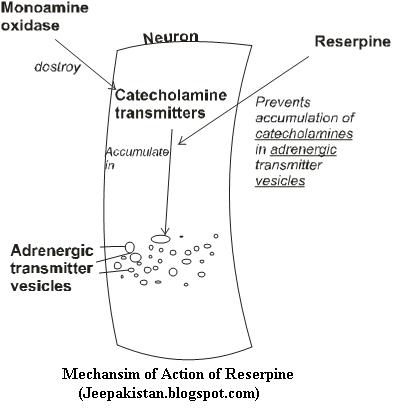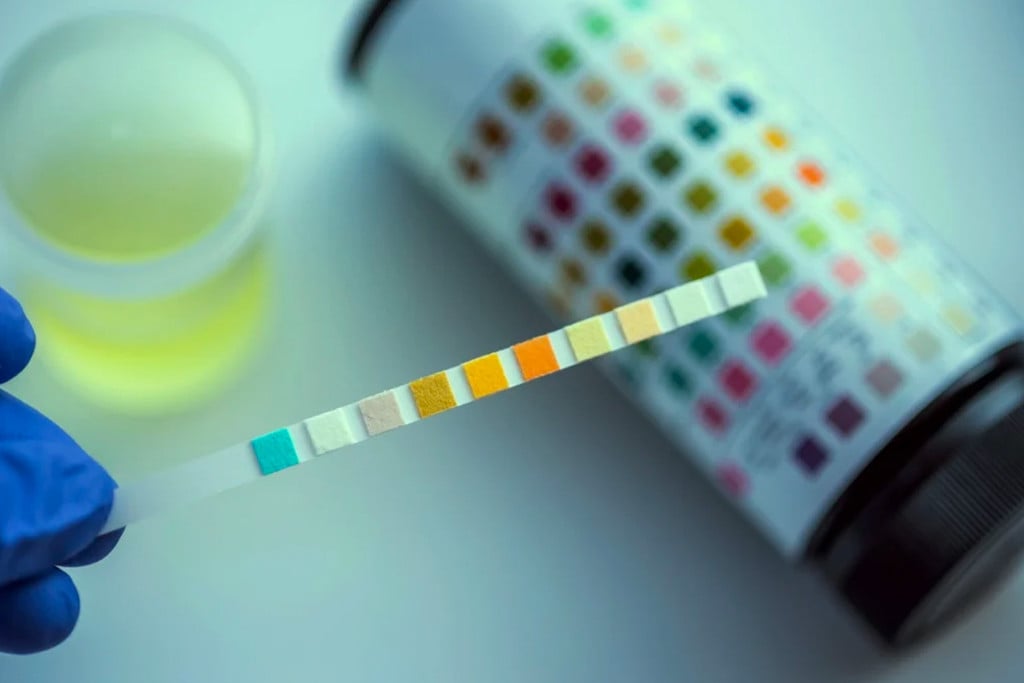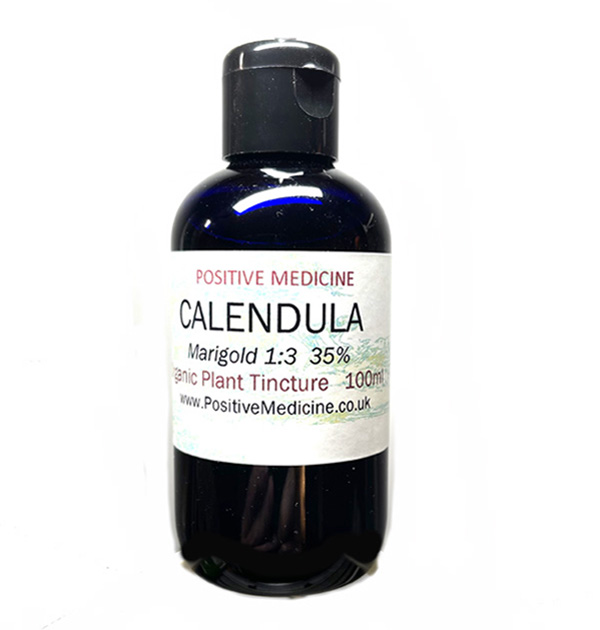
Hempvana is a pain relief company that uses cannabis Sativa seeds in its products. These products are not covered under health insurance. This is a major problem for back pain sufferers who might be experiencing severe sleep deprivation. The company published a blog post on back pain relief.
Hempvana, a pain relief company, is available.
Hempvana offers a wide range of pain relief products to help with chronic pain. The gels and creams of the company have been proven to reduce inflammation and pain. They are safe and not addictive. They are a great choice for people with a wide range of conditions.
The Pain Relief Cream from the company contains a potent combination of trolamine and hemp seed oils to provide quick and effective pain relief. This cream eliminates the need to take oral medication, which can be slow and cause liver damage. The cream relieves pain and relaxes muscles.
It uses cannabis Sativa seeds
Hempvana uses cannabis sativa to make natural, pain-relieving pain creams. It is paraben-, phthalate-, gluten-, and cruelty free and is legal across all 50 states. It also contains cold-pressed hempseed oils, which can soothe aching calves, wrists and backs.

The oil extracted from Cannabis sativa plants seeds is believed to help reduce pain and swelling. This cream is popular because it contains the oil. There are also many other products from the company. Hemp Pain Relief Cream is the most popular product. It contains cannabis seed oil.
Its products contain lidocaine
Hempvana's pain relief creams have had four products voluntarily recalled by their manufacturer because they contain lidocaine. This ingredient is extremely dangerous for young children, as it can easily penetrate the skin. The recall products were sold at $20 each and didn't come in child-resistant packaging. Telebrands is offering customers who purchased the recalled goods refunds as well as child-resistant packing.
The pain-relieving cream contains lidocaine, an amino-amide local anesthetic, to numb the area. It offers quick, non-greasy relief and is odorless. Hempvana's products don't contain any animal ingredients.
It is not covered by health insurance
The Hempvana Rocket is a portable TENS pen. The Hempvana Rocket sends an alternating current through the pain area to reduce the sensation. It is not available in gel form and can only be used at your home. It works by using your body as a ground. You should be aware of shocks.
Hempvana uses hemp seed extract as a natural pain reliever and to reduce inflammation. It is non-addictive, safe, and does not require a prescription. It can be purchased online or from a local store.

It isn't well-known.
Although marijuana and hemp are closely related in many ways, there are important differences between them. Hemp is safe and natural for your health. It is used often in wellness and health products. Hempvana can be one such product. It is a hemp-based product that contains all of the health benefits, including soothing and calming effects.
Hempvana products have been designed to alleviate chronic pain and inflammation. You can find them in many forms, including gels and creams for pain relief. They are non-addictive and safe, making them an excellent choice for pain relief.
FAQ
Which are the best CBD uses?
CBD is best used as an alternative treatment to anxiety. You can also use CBD to treat anxiety, pain, insomnia, epilepsy and inflammation.
There are many ways to consume CBD. CBD can be taken in many different ways.
There are many benefits to consuming CBD. It has been proven to ease chronic pain, PTSD and anxiety.
Is the CBD market saturated or not?
The CBD industry is experiencing a growth rate of over 25% annually. This growth is expected not to stop for at least five more years. In fact, the industry is expected grow from $2Billion today and $5Billion by 2020.
Two companies dominate the CBD market: GW Pharmaceuticals (Canndoc Ltd) and Canndoc Ltd. Both are focused on developing pharmaceutical-grade products. Both have not been very successful to date. Both are struggling in the marketplace to gain traction.
Cannabidiol (CBD), an extract from cannabis, contains less than 0.3% THC. It does not cause any psychoactive effects. It is used to treat epilepsy and other conditions. It is also commonly used as a dietary supplement.
There are many options for CBD products. Some CBD products are made from whole plant extracts while others contain CBD.
These products all share one thing in common: low levels are THC.
They are therefore legal under US federal law. You still need to comply with local laws when you sell CBD products. You should always verify your state's regulations for the sale of CBD products.
There are also several states that CBD products are prohibited. These states include California, Colorado and Mississippi, Missouri. New York, North Carolina. Ohio. Oklahoma. Oregon. Rhode Island. South Dakota. Texas. Utah. Virginia. Washington.
CBD products should not be made if you reside in these states.
What are the differences in CBD price between different states?
Prices for CBD products are dependent on where you live. Prices can vary up to ten times, in fact.
Prices tend to increase as you move further north. For example, in Alaska, CBD costs an average of $35 per gram, while in Hawaii, it costs around $200 per gram.
This trend is continued across the nation. Prices range from $5 up to over $2,500 for a gram.
Why is it happening?
One reason why prices vary so much is because of the varying levels of regulation. Some states require that CBD products contain no THC (the psychoactive ingredient of marijuana). Other states don’t care about how much THC is in CBD products.
Because of this, some companies choose to sell their products in one state and then ship them to another state.
What CBD products do you sell most?
CBD products are all over the place these days. These products are being used to treat everything, from anxiety to pain relief. The market is vast and growing rapidly.
But why do people purchase CBD? How does this impact you as a brand manager?
Statista reports that CBD products have relaxing properties. They are also used for their anti-inflammatory properties.
This means that if your product has both CBD and THC, then it can be sold for both recreational and medicinal purposes.
But what about brands that only focus on one specific purpose? For example, if a company sells CBD for stress relief, then it won't have much competition.
Furthermore, a brand who focuses on CBD-based medical uses will be able to attract a lot of customers.
If a brand wishes to reach recreational users, they must create a unique selling point (USP). A USP can be described as a unique selling proposition (USP) that is unique to a brand.
For example, certain brands offer free shipping. Others offer discounts for bulk orders.
Statistics
- CBD seems unlikely to directly influence sleep in healthy humans [115] (and maybe “sleep-promoting” in those with certain comorbid conditions) (ncbi.nlm.nih.gov)
- HR −16 mmHg; 95% CI −26, −6; I2 = 92%) (ncbi.nlm.nih.gov)
- however, one study also found that these effects were virtually abolished when the original media (a nutrient broth agar) was replaced with one containing 5% blood (increasing the minimum concentration to ~160 μM CBD) [179]. (ncbi.nlm.nih.gov)
- OralWhere HED is the human equivalent dose, and Km is a correction factor estimated by dividing the average body mass (BM) of the species (60, 0.020, and 0.150 kg for 11 humans, mice, and rats, respectively) and by its surface area (see: Nair et al. (ncbi.nlm.nih.gov)
- A recent study [161] also found that in vitro CBD treatment (i.e., ≤ 2 h exposure to 10 μM) induced ~40% vasorelaxation in isolated (pre-constricted) (ncbi.nlm.nih.gov)
External Links
How To
What are the common issues in the CBD industry?
The current market for CBD-based products is expanding at a phenomenal rate. Businesses looking to get into this market face many obstacles. These include a lack of consumer awareness, high cost of entry, limited access to capital, and regulatory uncertainty.
Many consumers don't understand what CBD is and how it works. This means that consumers are unable make informed decisions about purchasing CBD products.
Most CBD companies rely heavily upon word-of mouth marketing. This can be costly as it involves advertising and staffing to promote the brand.
Another issue facing new entrants into the CBD industry is the high cost of production. The raw materials needed to create CBD products are quite expensive. For example, hemp needs to be grown in specific climates and soil types before it can be processed into CBD oil.
It takes approximately $1,000 per acre to grow enough hemp to process into CBD oil. Many small farmers can't afford to begin.
A lack of capital access is another problem that CBD market newcomers face. Banks are often discouraged from helping people start businesses because of the stigma that surrounds the industry.
There is also regulatory uncertainty around the sale of CBD products. There are no established guidelines regarding the marketing of CBD products.
Although states have passed laws restricting CBD products sales, these policies are not yet national.
Only Nevada and Maine have so far legalized recreational marijuana.
Massachusetts and Michigan have considered similar measures.
These changes could increase competition among CBD manufacturers.
As a result of these factors, many entrepreneurs choose to work from home rather than start a physical business.